In today’s digital age, online platforms like the Doublelist app offer exciting opportunities to meet new people and build connections. However, privacy and data security have become paramount concerns for users. The Doublelist app, designed as a personals classifieds platform, attracts many who value anonymity and safety, but navigating the risks that come with sharing personal information online requires vigilance and informed decision-making. This comprehensive 2025 guide will explore how to keep your data safe while using the Doublelist app, offering practical tips, platform-specific safeguards, and trustworthy resources to support secure online interactions.
Understanding the Importance of Data Safety on Doublelist
Doublelist operates in a space where users share personal details and hopes for meaningful, casual, or platonic connections. Unlike traditional dating apps that often require extensive profile information, Doublelist allows flexible anonymity but still involves an inherent risk when communicating with strangers.
Key risks include:
-
Identity theft or impersonation
-
Exposure of sensitive personal information
-
Scams and phishing attempts
-
Unintended public visibility of private data
-
Abuse or harassment
Balancing openness with protection is essential, and understanding the Doublelist app’s security framework is the foundation for this balance.
Doublelist App’s Built-in Data Privacy Features
The Doublelist app incorporates various privacy and security measures designed to minimize risks:
-
Anonymous Posting: Users can post ads without sharing real names or detailed personal info publicly, allowing control over what others see.
-
Internal Messaging System: All communications stay within the app initially, preventing premature exposure of emails or phone numbers.
-
Phone and Email Verification: To reduce the presence of bots and fake profiles, Doublelist verifies users via phone and email.
-
Content Moderation: Suspicious or explicit content is filtered, with community reporting features to flag abuses.
-
Selective Location Sharing: Users can set broad location details rather than exact addresses, shielding precise whereabouts.
These layers create safer contexts for engagement but require user cooperation for maximum effectiveness.
Best Practices to Protect Your Data on Doublelist
1. Manage Your Profile Information Carefully
Only include details in your profile and ads that you are comfortable being public. Avoid fields that disclose your full name, home address, phone number, or workplace unless absolutely necessary and trusted.
2. Use Strong, Unique Passwords
Choose complex passwords for your Doublelist account. Never reuse passwords from other platforms. Consider using a reputable password manager to keep track of credentials securely.
3. Enable Two-Factor Authentication (2FA) If Available
If Doublelist updates to support 2FA, always use it to add an extra layer of protection against unauthorized logins.
4. Communicate Within the App
Until trust is established, keep interactions within Doublelist’s internal messaging system. Avoid giving out external contact details such as personal email, phone numbers, or social media (unless absolutely necessary after vetting).
5. Be Wary of Phishing and Suspicious Links
Do not click on suspicious links sent through messages. Always verify URLs and sender authenticity before engaging or sharing information.
6. Regularly Review Your Privacy Settings
Check your account settings periodically. Adjust what details are visible and update preferences as needed to maintain privacy.
7. Schedule Private Meetings Safely
When moving from digital to physical meetings, select public places for encounters and inform a trusted person about your plans.
8. Report and Block Suspicious Activity
Use Doublelist’s reporting tools to flag abusive, fraudulent, or suspicious profiles. Immediately block any user making you uncomfortable.
Understanding External Factors Affecting Data Safety
Your data safety on Doublelist is also linked to external factors such as:
-
Device Security: Use up-to-date antivirus and anti-malware software on your device.
-
Secure Networks: Avoid logging into Doublelist or sharing sensitive info on public Wi-Fi without a VPN.
-
Browser Hygiene: Clear cache and cookies regularly and use secure browsers to reduce risk exposure.
Legal and Ethical Considerations
Respect privacy not only for yourself but also for others. Never share someone else’s data without consent. Be aware of the legal frameworks governing online personals in your jurisdiction, and comply with Doublelist’s terms of use.
High Authority Resource for Online Dating Safety
For comprehensive advice on protecting your data and staying safe in online relationships, the Federal Trade Commission offers expert tips and guides:
FTC Online Dating Safety Guide
Common User Concerns Addressed
-
Can my Doublelist data be hacked?
While no platform is immune, Doublelist’s verification, encryption, and moderation reduce risks significantly. Users also play a key role in safeguarding their data. -
Is Doublelist anonymous?
Yes, but full anonymity depends on how much personal info you choose to share. Discretion is key. -
What should I do if my privacy is breached?
Report promptly to Doublelist support and consider changing your passwords and reviewing account activity.
Read More: Best Practices for Posting Ads on Doublelist.com: A Complete 2025 Guide
Final Thoughts: Stay Informed, Stay Safe
Using apps like Doublelist can enhance social and personal lives profoundly, but safety must be the priority. Empower yourself with knowledge about the platform’s features, follow best practices, and stay vigilant against risks. Privacy and good security habits create not only a safer Doublelist experience but also a healthy community for all users.

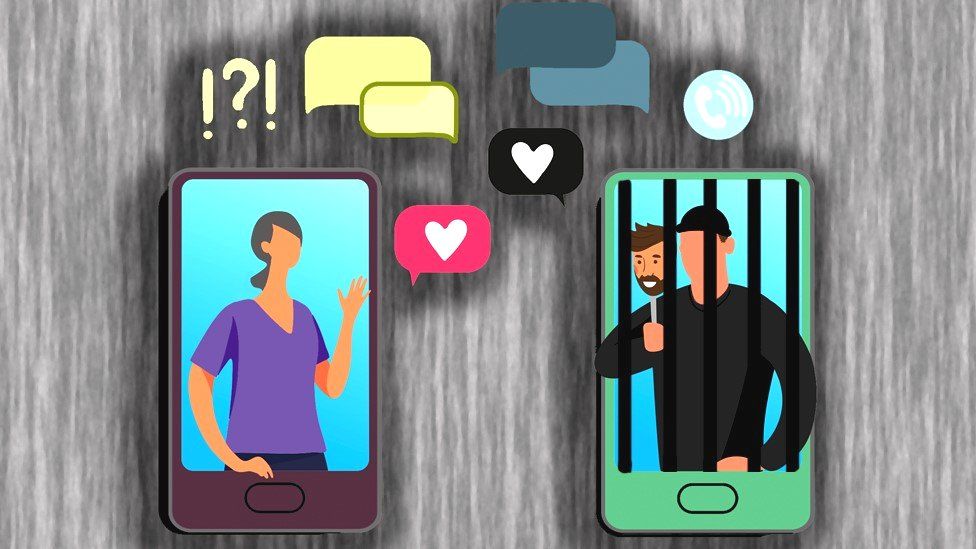
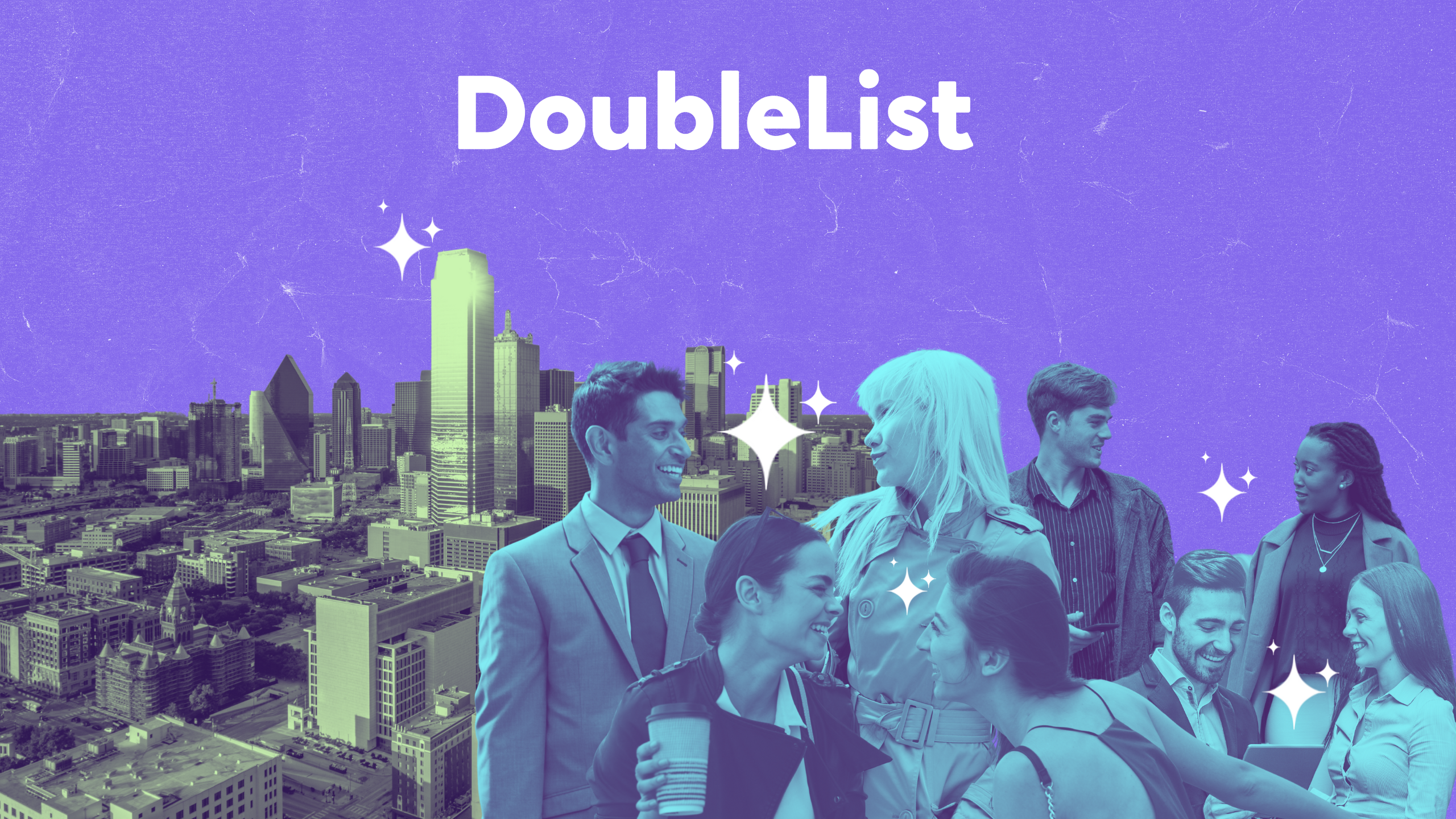
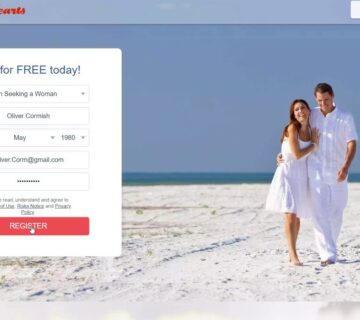
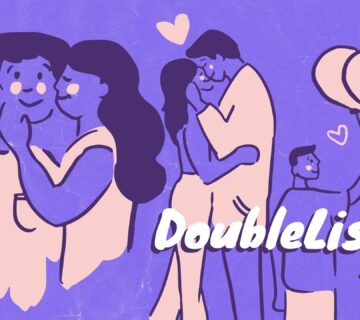

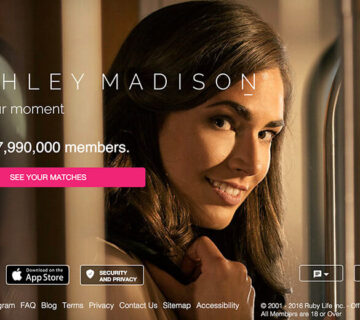
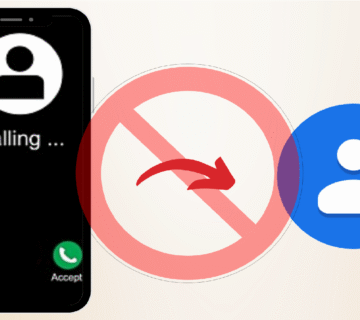
[…] Read More: Keeping Your Data Safe When Using the Doublelist App: A 2025 User Guide […]